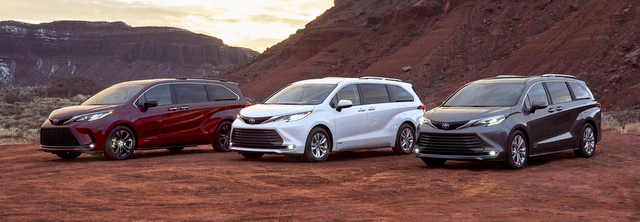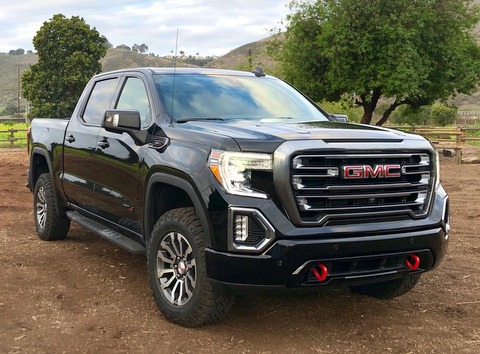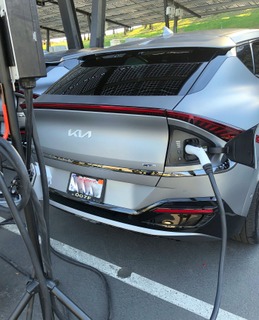Analysis of Recent Market Moves
When gas prices are on the rise, it had a big impact on the type of vehicles that people were buying. According to a study by the National Renewable Energy Laboratory, there was a shift away from smaller, more fuel-efficient cars toward larger SUVs and trucks. This is likely due to the fact that people are trying to save money at the pump, and these larger vehicles tend to be less efficient than smaller ones.

The Cost of Gas Has a Big Impact on Vehicle Choice
When it comes to choosing a new car, most people have a long list of factors to consider. But for many people, one of the most important considerations is the cost of gasoline. With gas prices always fluctuating, it can be difficult to predict how much you’ll need to spend on fuel each month. It might even make it worth shipping a more efficient car you find far away.
As a result, many people choose to purchase a more fuel-efficient vehicle in order to save money in the long run. While the initial purchase price of a fuel-efficient car may be higher, the savings on gasoline can quickly add up over time. So if you’re looking to save money at the pump, it’s worth considering a more fuel-efficient car the next time you’re in the market for a new ride.
SUV and Truck Sales Decreased as Gas Prices Increased
In recent years, SUV and truck sales have decreased as gas prices have increased. This is due to the fact that these vehicles tend to be less fuel-efficient than cars, and their larger size means they require more gas to travel the same distance.

As a result, many consumers have begun to look for alternative transportation options that will save them money at the pump. Some manufacturers have responded by creating hybrid and electric versions of their SUV and truck models, which became increasingly popular as gas prices continue to rise.
In addition, many consumers are now choosing to carpool or use public transportation whenever possible in order to save on fuel costs. By making small changes to their transportation habits, consumers can save money and help reduce their impact on the environment.
Sales of Smaller, More Fuel-efficient Cars Increased
In recent years, there has been a dramatic shift in the types of cars that Americans are buying. As gas prices have increased, sales of smaller, more fuel-efficient cars have skyrocketed. In fact, many carmakers are now investing heavily in hybrid and electric vehicles as consumers show an increasing preference for cars that will save them money at the pump.
This shift is likely to have a lasting impact on the auto industry, as manufacturers scramble to meet the changing demands of the marketplace. For drivers, it means that there are more options than ever before when it comes to choosing a fuel-efficient car. Even decreasing gas prices haven’t stemmed the shift, so it’s likely that this trend will continue for the foreseeable future.
People are Becoming More Conscious About Gas Mileage

People are becoming more conscious about gas mileage when making their vehicle purchase decisions. In the past, people would buy the biggest and baddest car they could find regardless of how much it cost to fuel.
More recently, people are starting to think twice about their choices. When gas prices rose, many consumers opted for smaller, more fuel-efficient cars. This shift is being driven by a number of factors, including the uncertain economy, a growing awareness of environmental issues and increased availability of alternatives like electric cars.
As a result, automakers are putting more effort into designing and marketing vehicles that offer better gas mileage or alternatives to gasoline altogether. In addition, new technologies are helping to make cars more fuel-efficient than ever before. As people become more conscious of the cost of gasoline, they are sure to have a profound impact on the automotive market.

That was fascinating! The cost of gas is always fluctuating but does have an impact on the vehicle. One way to save money would be to keep the tires well-inflated. The gas mileage may increase by up to 3% on average. A poorly maintained vehicle tends to consume more fuel. So, having your car in good shape is the most crucial solution. You may also reduce the impact of the vehicle on the environment.
@Oliver Hughes
All good tips. Thanks for sharing. –ed.